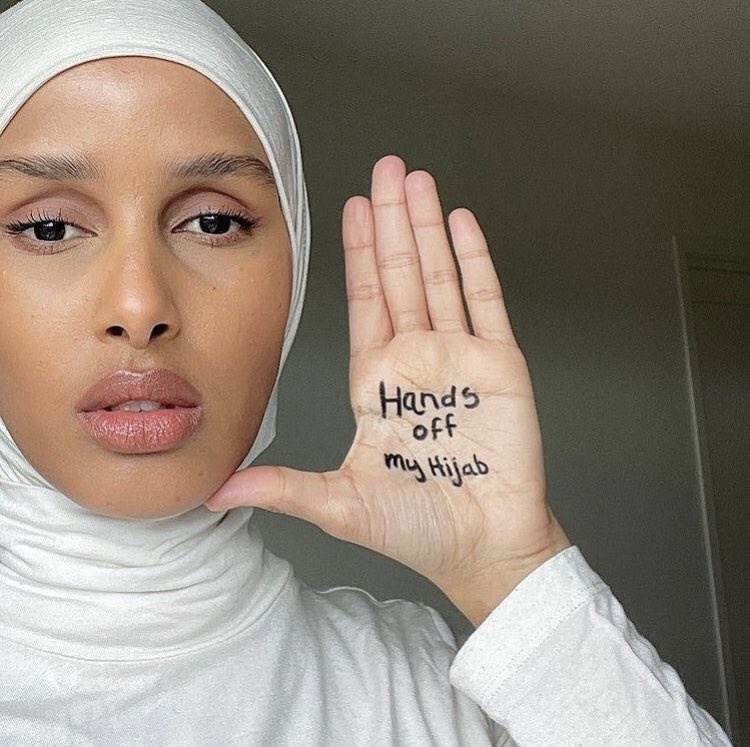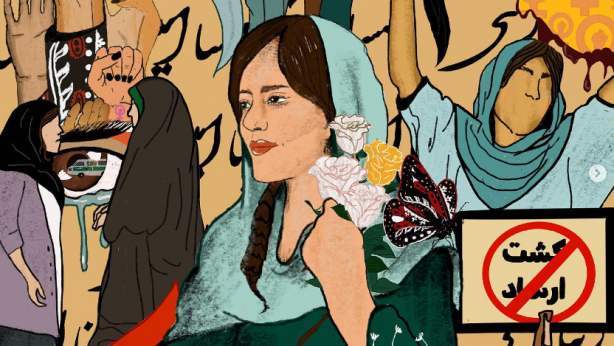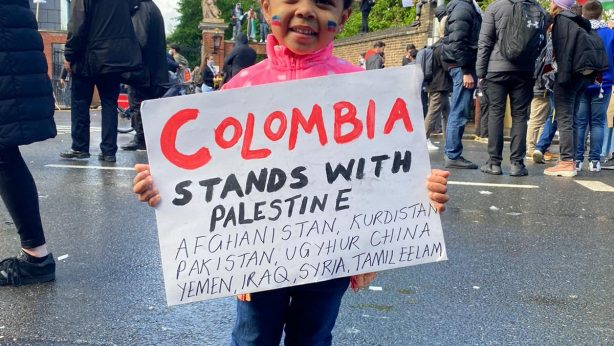France: many shades of misogyny, not a single one of freedom
As seasonal and unwelcome as the flu season, the burqa/hijab debate emerges similarly in the event of an approaching election season in a ‘Western’ country. I use the term ‘Western’ in quotes because of its vagueness, and its relationship with the Orientalist idea of the East and West – the root of the notion of liberating Muslim women.
To those who want to see, it is obvious that the decision to ban the hijab in France for under-18s and for mothers on school trips is a reaction to populism, and not towards a genuine cause of women’s emancipation. The clash is not of East vs West, or an open-minded society with a close-minded one – it is defined by a country’s inability to acknowledge and find a resolution for its own ignorance and lack of acceptance of other cultural and religious attitudes, aside from its own. These cultures are not foreign by any means – Muslims in France have been systematically discriminated against despite having been born there, speaking the language – but at what point does anyone draw the line for integration? How integrated is integrated enough?
In globalized times like these, how insular and archaic is it to ‘purely’ belong to one country, with no colours and flavours of a multicultural, textured life that most of us now have. As an Indian, raised in Dubai, living in London, and having travelled a long list of countries, I cannot describe myself as being ‘purely’ an Indian, an Arab, or even British. How is it a government’s right to interfere in deciding my belonging, or my right to wear what I want to?

This is the challenge of intersectionality, the idea that our definitions of choice can be very different, but to accept it, nevertheless. This is not just a French problem, we see the similar tropes of ‘saving the Muslim woman’ in the media narrative around Shamima Begum, who left the UK to becomes an ISIS ‘bride’. It is chilling to see mobs willing to burn a Muslim woman’s veil to applaud their own liberalism at having ‘saved’ a Muslim woman. We see the same patterning repeated in Switzerland. This is the Orientalist behaviours of white feminism where the notion of saving the other exists strongly.
For years, the world has only told me that the burqa was a problem, a symbol of oppression. The story behind why anyone veils is not a binary one – it is rooted in our experiences and can be varied. I talk about mine in my TED talk on the burqa, and it needs people with empathy to listen and to appreciate that people’s choices are rooted in cultures, contexts that can be very different to your own.
With this decision, the government has not only violated a person’s right to wear what they find comfortable, what adheres to their principles of how they want to lead their lives, but it will also result in a lack of access to spaces where Muslim girls and women will feel welcomed in.
There is a Toni Morrison quote that, for me, captures this ‘distraction of the Muslim woman’s covering’ discussion:
“The function, the very serious function of racism is distraction. It keeps you from doing your work. It keeps you explaining, over and over again, your reason for being. Somebody says you have no language and you spend twenty years proving that you do. Somebody says your head isn’t shaped properly so you have scientists working on the fact that it is. Somebody says you have no art, so you dredge that up. Somebody says you have no kingdoms, so you dredge that up. None of this is necessary. There will always be one more thing.”
What France needs is NOT for Muslim women to show how progressive they are; what France needs is to grow up and to face its real problems – the pandemic, for one. The country needs to return to the ideas of multiple identities, global culture, and abandon its medieval notion of controlling a woman’s agency. The hijab debate will always be a misogynist conversation, never rooted in real change that is intended to progress women’s leadership and agency. Whether it is the conservative, religious men who want to throw a veil on a woman, or whether it is the self-proclaimed liberalists who want to yank the hijab off our heads – they are equal misogynists, only different shades of it.
–Masarat Daud
Masarat Daud helps run her family’s non-profit based in Rajasthan, India where she focuses on community welfare and girl’s education projects. She is also the curator of South Asia’s largest TEDx event, TEDxShekhawati which takes place in a small town in India with attendees from nearby villages and hamlets. In her parallel life, she works as an Account Director at Global Office Consulting in London. Masarat’s previous writing can be found on her Medium.


